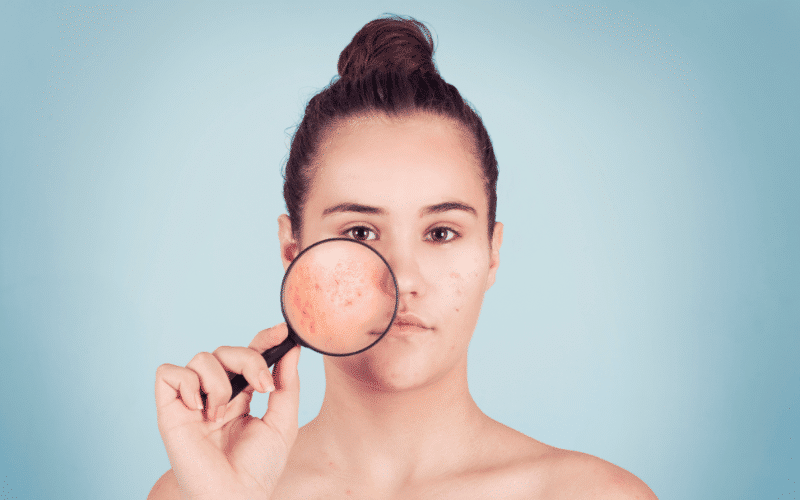Introduction: The Impact of Skin Diseases on Daily Life
Skin diseases can affect people of all ages, races, and genders. They are not only a physical concern but can also have a significant impact on an individual’s mental health and daily life. Skin conditions can lead to feelings of embarrassment, self-consciousness, and even depression, making it crucial to understand and address these common issues.
In this article, we will explore 15 common skin diseases, delving into their symptoms, causes, and treatments. Our goal is to provide valuable information to help you identify and manage these conditions effectively. By understanding the root causes and recognizing early signs, you can take appropriate steps to maintain healthy skin.
Skin diseases can manifest in various forms, ranging from mild irritations to severe, life-altering conditions. Some skin conditions are temporary, while others are chronic and require ongoing management. Knowing how to differentiate between these conditions and seeking proper medical advice is vital in ensuring the most effective treatment and care for your skin.
In the following sections, we will discuss each skin disease in detail, providing essential information on symptoms, causes, and treatment options. This knowledge will empower you to take control of your skin health and make informed decisions about the best course of action for your unique situation.
Disease 1. Acne: A Common Skin Concern

Symptoms of Acne
Acne commonly presents as blackheads, whiteheads, pimples, or cysts. These blemishes can appear on the face, neck, chest, back, and shoulders, where the skin contains a higher concentration of oil-producing glands. Acne can range from mild to severe and may cause scarring if left untreated.
Causes of Acne
The primary cause of acne is the clogging of hair follicles with oil and dead skin cells. Hormonal changes, especially during puberty, pregnancy, and menstruation, can contribute to increased oil production, making acne more likely to occur. Genetics also play a role, as some people may be more prone to acne due to their family history. Additionally, certain medications, such as corticosteroids and hormonal contraceptives, can trigger acne breakouts.
Treatment Options for Acne
A variety of treatments are available to address acne, depending on the severity and individual needs. Over-the-counter (OTC) topical treatments, like benzoyl peroxide and salicylic acid, can be effective for mild acne. For more severe cases, a dermatologist may prescribe stronger topical medications, oral antibiotics, or even isotretinoin (a potent acne medication reserved for severe cases). It’s essential to maintain a consistent skincare routine, including gentle cleansing and avoiding excessive scrubbing, which can further irritate the skin. (1)